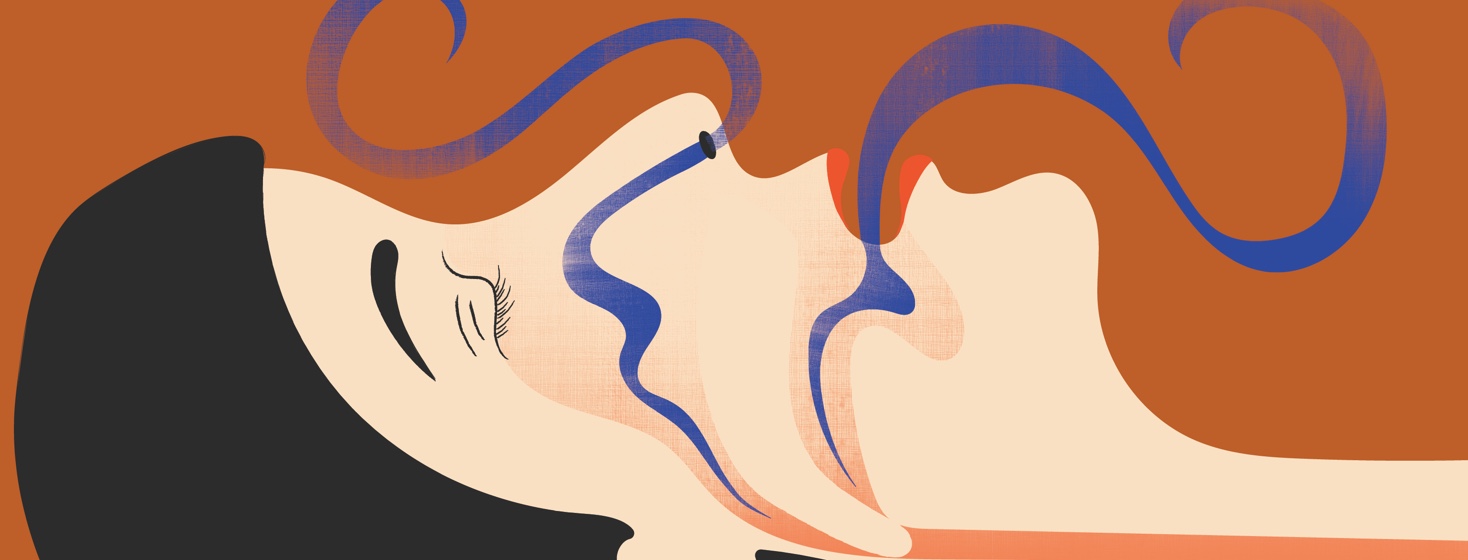How Can I Have Sleep Apnea When I Am Not Overweight?
There is a common misconception that sleep apnea is solely due to weight issues. Though your weight can be a contributing issue, it is not the only thing involved with having sleep apnea. Weight is what people look at first, as the more weight you have against your airway, the more work you must do to keep your airway open. That is fairly straightforward and obvious.
However, something else also needs to be looked at and taken into consideration. The structural anatomy of your airway may be what drives the genetic component in sleep apnea or why it tends to run in families. To give you an example, let’s talk about my father for a moment.
You wouldn't think he has sleep apnea
My father’s weight is perfect. He has no weight to lose. He is extremely active and involved in karate. He is fit and he is strong. He does have muscles, but he is not overly muscular. It’s not a case of him having big bulky muscles adding weight, or a large thick neck size.
Looking at him you would think no way can he have sleep apnea. Well, you would be completely wrong. He does have a mild to moderate case of sleep apnea. Why? Well, probably he has the same problem as I do.
Some people have small airways
When you go in and look at my anatomy you would find that I had a very crowded oral cavity. It’s crowded because my airway is smaller than you would expect in someone my age and height. A normal size uvula (that thing that hangs down in the back of your throat) acts like it is larger than normal because of how small the space in there is.
When you get farther in and more detailed, you will discover that my airway is basically the size you would expect to see of a 12-year-old child. I have been intubated at one time or another for surgery and was told by the anesthesiologist after one surgery that they were surprised at what size tube they ended up needing. One smaller than they would have thought.
Always informing my healthcare team
Anytime I go to the hospital for any kind of procedure I am always careful to tell my doctors and the anesthesiologist that I have severe obstructive sleep apnea (OSA) and a very small airway.
"Heads up guys, if you need to intubate me, take a good look now so you know what size you will actually need."
It is also vital that anyone who has sleep apnea make sure to say this, and repeatedly if you are having a procedure done. Nobody wants the surprise of you suddenly stopping breathing and having to do an emergency intubation.
Could I fix my crowded airway?
I actually had surgery at one time to make the back of my throat less crowded. They took out the uvula and all excessive soft tissue that they could. Did this “cure” me of my sleep apnea? No. I still have that small child-size airway that follows that space.
That said, I can say that at the time after it was done, I did feel like it was easier to breathe during the daytime. However, a follow-up sleep study showed no real change in the severity of my sleep apnea. As a sleep technologist, I have seen some patients that have had scarring from that surgery that made their sleep apnea worse after the fact. That didn’t happen to me, thank goodness. My procedure was done back in the mid 1990’s.
Now, in the light of all we know today, they would not even consider me for that particular surgery. My sleep apnea is way too severe for that to even begin to make a difference. We all know better now. But at the time, it was new, and they didn’t have long-term studies to show results 5 to 10 years later. So, word of caution, new is not always the magic "cure" either.
What about weight as a factor?
Over the years my weight has gone up and down and being in the field of sleep medicine, I have been a “volunteer” many times for a quick trial of new lab equipment to make sure everything is working correctly. I have seen my OSA get a bit worse and sometimes a bit better as my weight changed but it never went away.
So yes, weight can be a contributing factor and for some, it is the only factor. However, that is not the case for all of our patients with sleep-disordered breathing. You can be slim and have obstructive sleep apnea, just like my father does.
Has weight been a factor in your sleep apnea journey? Join our community and share in the comments below!

Join the conversation